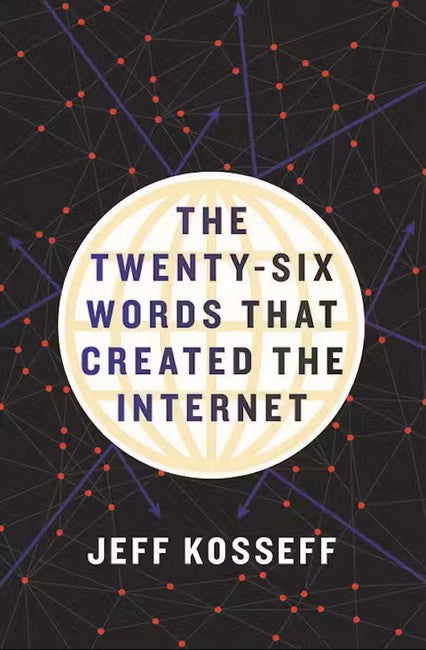Jeff Kosseff is Assistant Professor in the US Naval Academy's Cyber Science department, where he teaches cybersecurity law. He has practiced technology and First Amendment law, and clerked for Judges Milan D. Smith, Jr. of the US Court of Appeals for the Ninth Circuit, and Leonie M. Brinkema of the US District Court for the Eastern District Court of Virginia. He was a finalist for the Pulitzer Prize for National Reporting and the recipient of the George Polk Award in National Reporting.
Request Academic Copy
Please copy the ISBN for submitting review copy form
Description
Acknowledgments Introduction Part I.: The Creation of Section 230 1. Eleazar Smith's Bookstore 2. The Prodigy Exception 3. Chris and Ron Do Lunch Part II.: The Rise of Section 230 4. Ask for Ken 5. Himmler's Granddaughter and the Bajoran Dabo Girl 6. The Flower Child and a Trillion-Dollar Industry 7. American Exceptionalism Part III.: The Gradual Erosion of Section 230 8. A Lawless No-Man's Land? 9. Hacking 230 Part IV.: The Future of Section 230 10. Sarah versus the Dirty Army 11. Kill. Kill. Kill. Kill. 12. Moderation Inc. 13. Exceptional Exceptions Conclusion Notes Index
Kosseff has a thorough grasp of his material, and readers will find his exploration of Section 230 balanced, timely, and consistently thought-provoking. (Publishers Weekly) Kosseff's book is timely, given the intensifying debate about whether Congress should find ways to hold Internet companies accountable for third-party speech that harms individuals and society as a whole. But the book's value goes beyond timing. The author's background as a journalist and his current roles as a professor and a lawyer enable him to produce an engaging narrative that explains the law clearly and compels us to think about speech in the modern age and who is responsible when it is harmful. (The Washington Post) Americans are of two minds about the internet: They rely on it and fear it, they immerse themselves in it for hours and deplore its social consequences. Jeff Kosseff's The Twenty-Six Words That Created the Internet is in many ways the story of how and why this happened. (The Wall Street Journal) Kosseff presents an insider's account of the current dispute over whether a website should be permitted to profit from publishing advertisements that sell illegal sexual services possibly performed by minors. This book is extremely timely as both US lawmakers and the nation's courts are struggling over the proper regulation of online hate speech, fake news, political bias, and other systematic manipulations employing this increasingly powerful form of communication. (Choice) An important history of one component of the rise of the Internet as a business. Kosseff translates legalspeak into understandable and frequently compelling prose. (American Historical Review)

